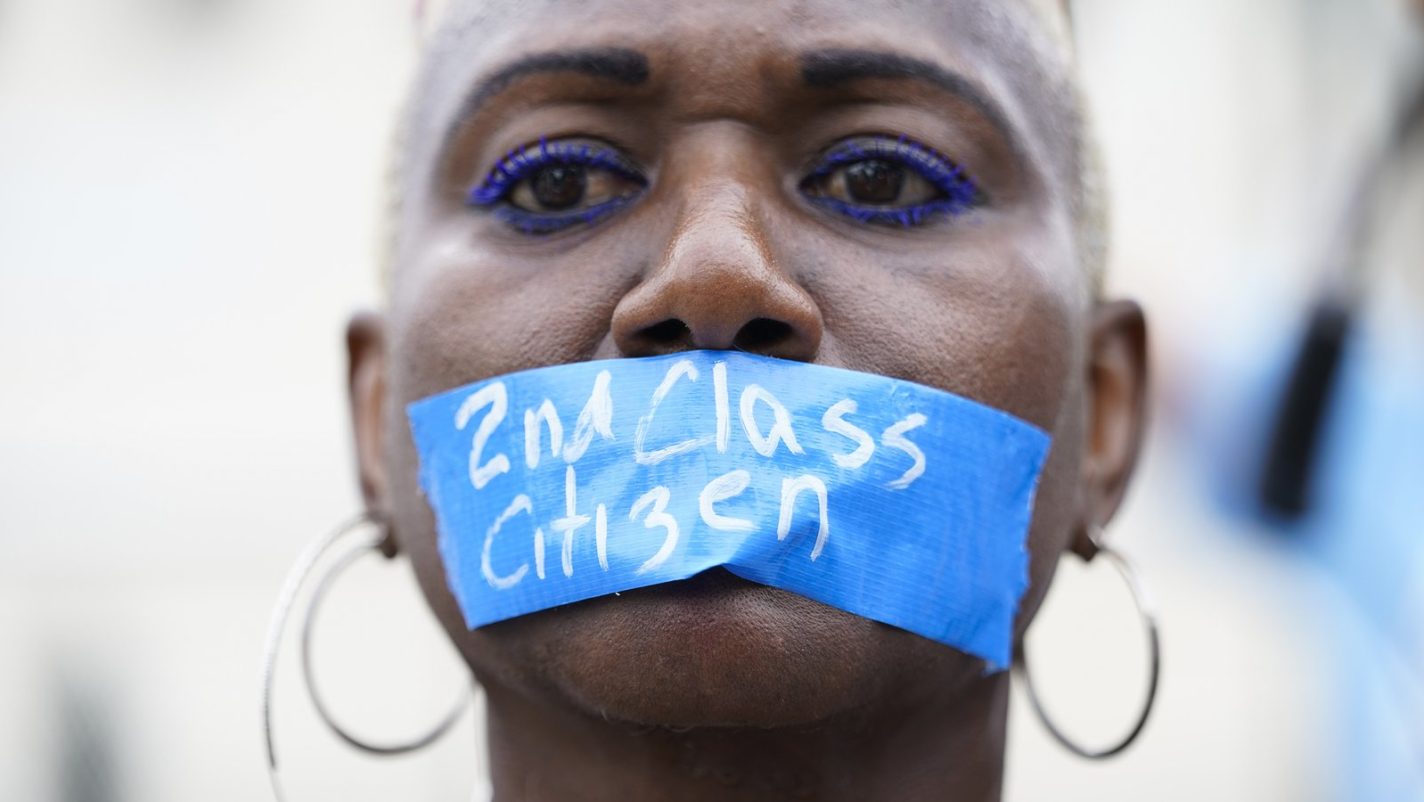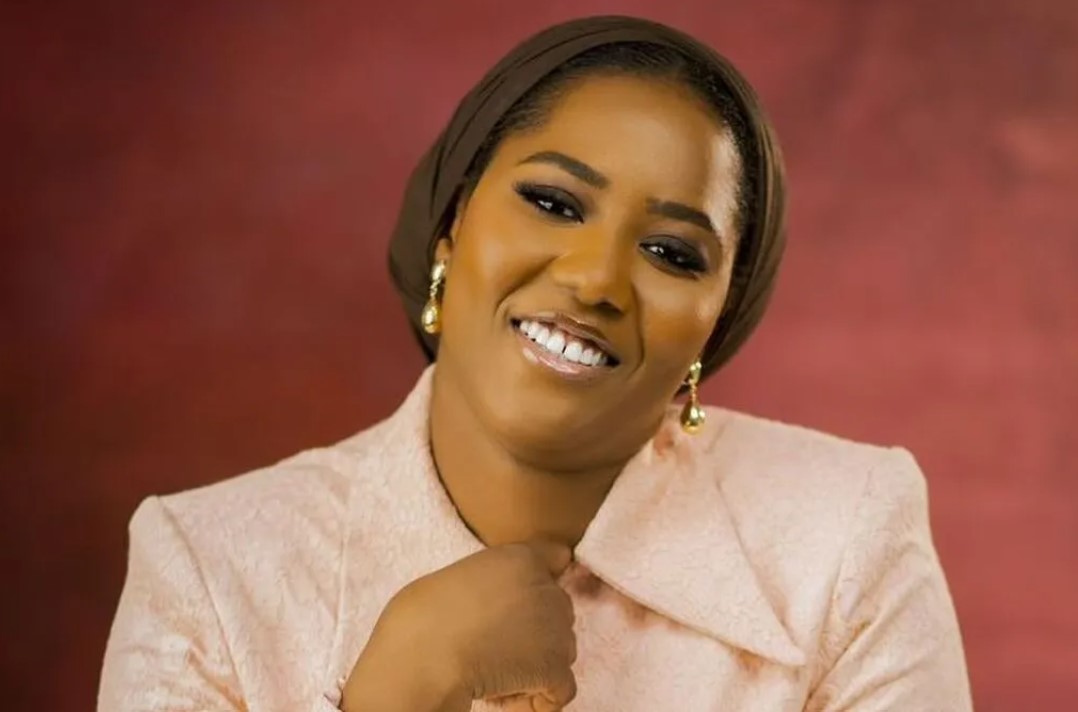
Gender equality in healthcare
- GenderHealth and Wellbeing
- No Comment
- 226
It is the 76th World Health Assembly and 75th anniversary of the WHO this week and one of the highlights for me is the #WalkTheTalk campaign by Women in Global Health.
A lot of women are resigning from the global health workforce and this last month, I was very close to the same decision. When I remember why I became Health for All advocate and eventually added gender equality to my health access advocacy, then it becomes an impossible decision.
I told the story of how I became a Health for All Advocate on Generation Africa and Fairy Godsister. When women resign from the health workforce, healthcare access also reduces. According to the WHO, the COVID-19 pandemic has put some health systems under immense pressure and stretched others beyond their capacity.
I recall my anger at seeing women with babies in the hospital who had to call and wait for their husbands before interventions or payments could be made for a sick child. This was one of the reasons I began advocating for gender equality in the community as a precursor to achieving universal health access.
April 2023 was a very challenging month and about 2 weeks in, my two toddlers were sick. Work got busier; an intern found a better opportunity and left, and another person in my unit gave birth and resumed maternity leave. So, a unit that had at least 3 persons became short-staffed with no immediate replacement possible.
What began as a mild flu for my babies got worse with fever, runny nose, restlessness and poor appetite. It was also World Malaria Day that period and I had chosen the photos I would use to make a post for the day. On D-Day though, I was overwhelmed and did not make a post. I was not prepared for the avalanche that week, maybe I would have scheduled the post. My community engagements, and social media use took a hit as I struggled to balance the increased work and home demands.
The toll of working full busy days, taking care of them, checking the temperature at night, the anxiety, and the sleeplessness eventually took its toll on me and I got sick too. It was the stress and a bit of poor nutrition during the period.
That made me reevaluate my work and ask, is it really worth it? I imagine that my experience is not unique. Too many women have had to resign or take on less demanding jobs in order to cater for the family. Often, that means that many women in healthcare have career gaps that hinder their progress which eventually prevents them from taking on leadership roles and in the health sector, this can be quite pronounced. For a profession with over 70% of the workforce being females, female leadership in the health sector is less than 35%. The period a woman is taking a break from work is a period that is counted as a negative because childcare and home care are not listed as transferable skills for healthcare sector leadership. They should be, right?
The 2023 report by Women in Global Health highlighted the return in women’s representation to the pre-pandemic year 2017; an increase from the very low levels seen during the pandemic years. According to Dr Dhatt “If leadership roles were allocated proportionally, assuming that women and men have equal merit, the representation of women in health sector leadership would align with their majority presence as 70% of health workers.
However, the current scenario is strikingly different, with men constituting less than 30% of the health workforce but holding 75% of leadership positions. The default health worker is a woman, and the default health leader should be too.” says Dr Roopa Dhatt, Executive Director and Co-Founder of Women in Global Health. In my opinion, we need to have affirmative action that recognises the unique challenges of women health workers.
So, recently when I was invited to a stakeholder scoping session by the African Women on Board, for a discussion on “The Barriers to female leadership in the Health Sector and organisational change strategies”, my submission was that the current policies we have in Nigeria are not yet adequate to cater for a woman who is in her early marriage and childbearing years; especially for women who do not have a strong support system and are not able to outsource or pay for extra help.
There are too many variables that have to be in place before a young woman can be fully functional at work and also adequately cater for her family. For example, when a woman has to be on 24-hour call duty and has a 1-year-old toddler, she can keep her baby close by in the hospital if there is a well-managed creche and be assured that the baby is in capable hands, breastfeeding stations and breaks, the opportunity to work from home at least 2 days in a week perhaps working on documentation, standard operating procedures, manuals etc;
The list above is not exhaustive, however, if we can take small steps to increase gender equality in our community and workspaces, then we can stem the tide of mass female resignation which negatively impacts community healthcare access. Everyone has a role to play. We need gender equality in every space; in our homes, churches, mosques, offices, markets etc. When we achieve this, I believe it would become easier to achieve universal health access.
By Onaoluwa Abimbola
Is a Health Equity and Gender Equality Advocate committed to working for the best outcomes in every community. She is a 2019 Generation Africa Fellow and 2022 YMLSF Ambassador and the Founder of Mohealth Ace Limited (A social enterprise) and Volunteer Medical Laboratory Scientists Forum.
https://guardian.ng/life/gender-equality-in-healthcare-the-curious-connection/




